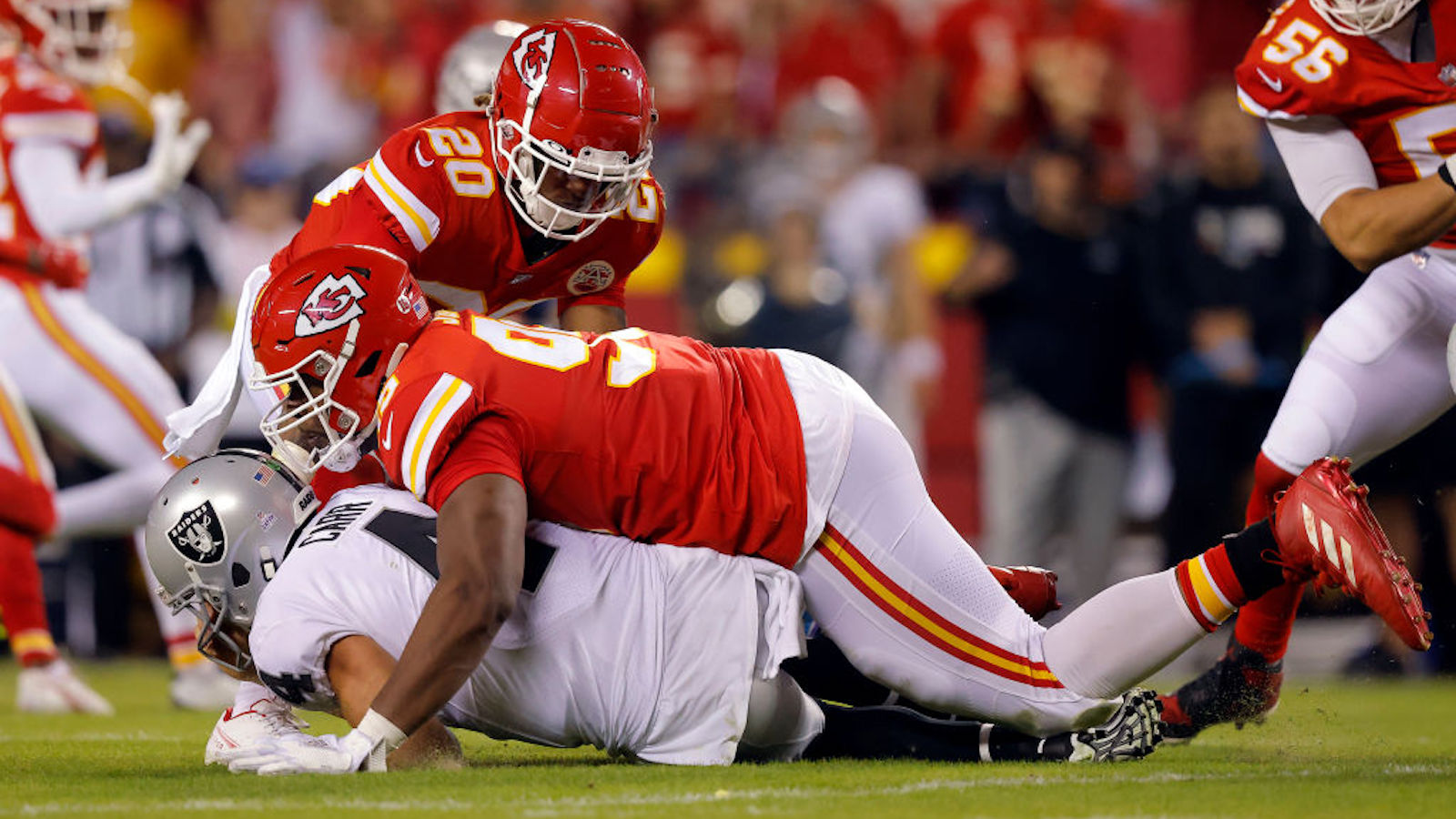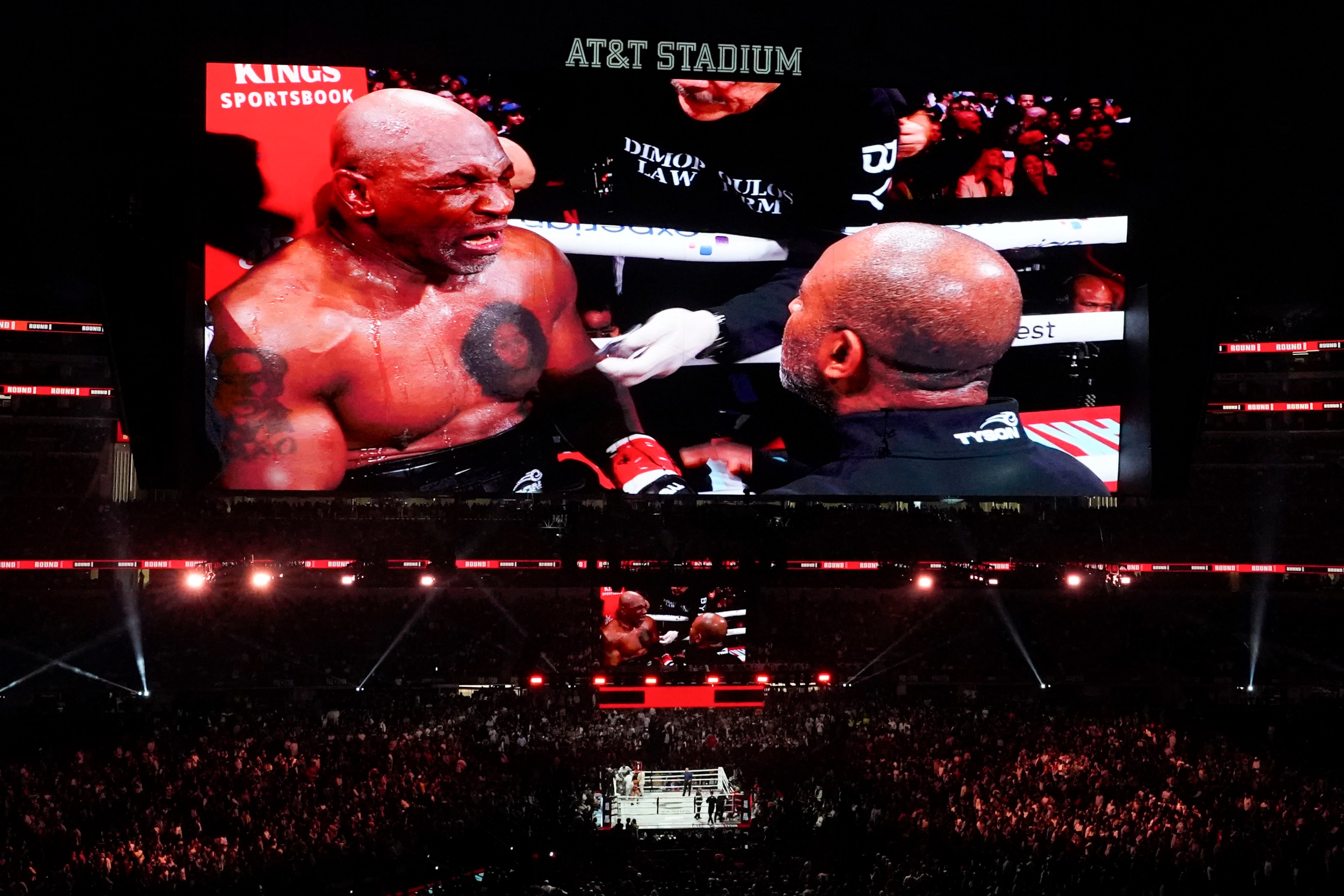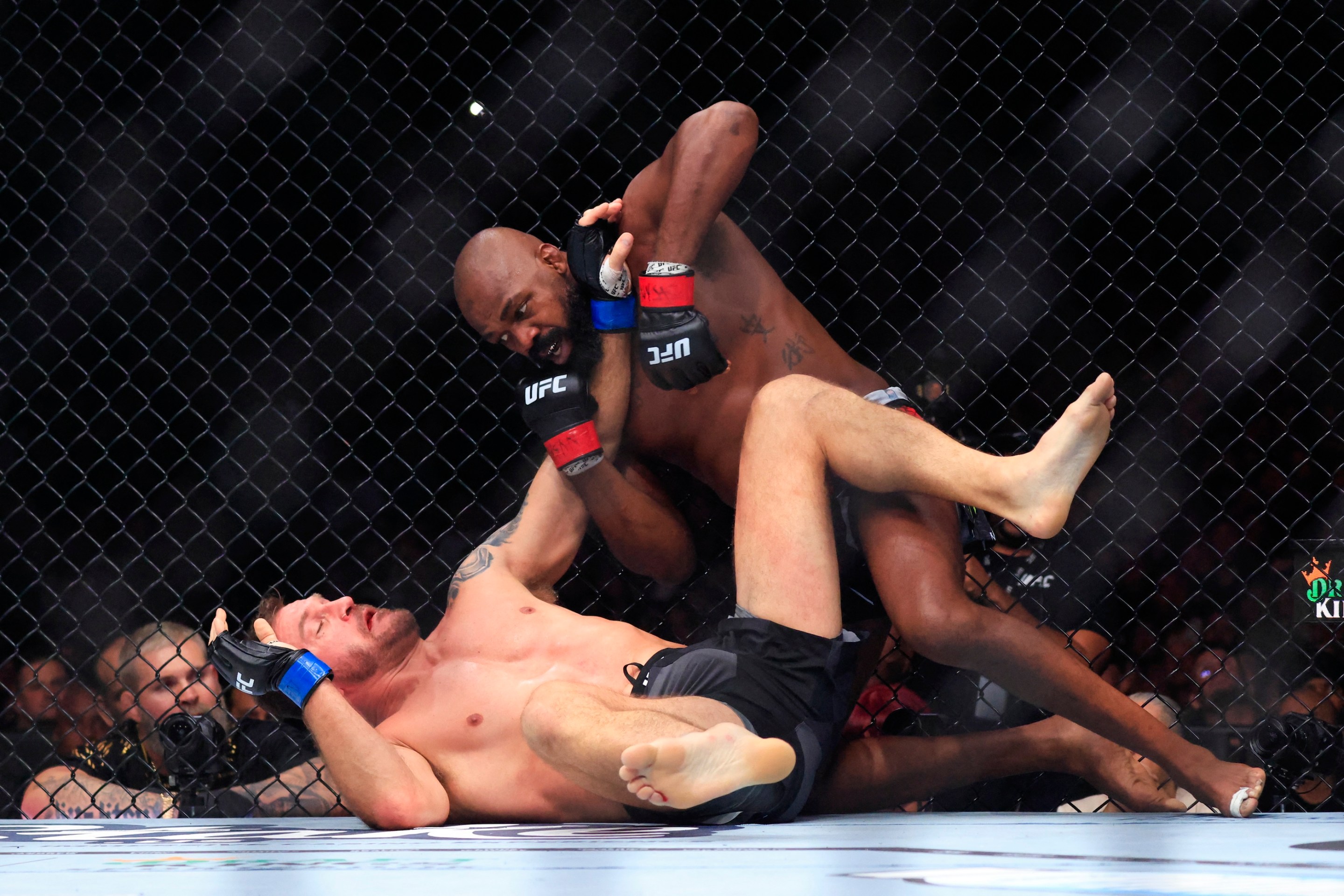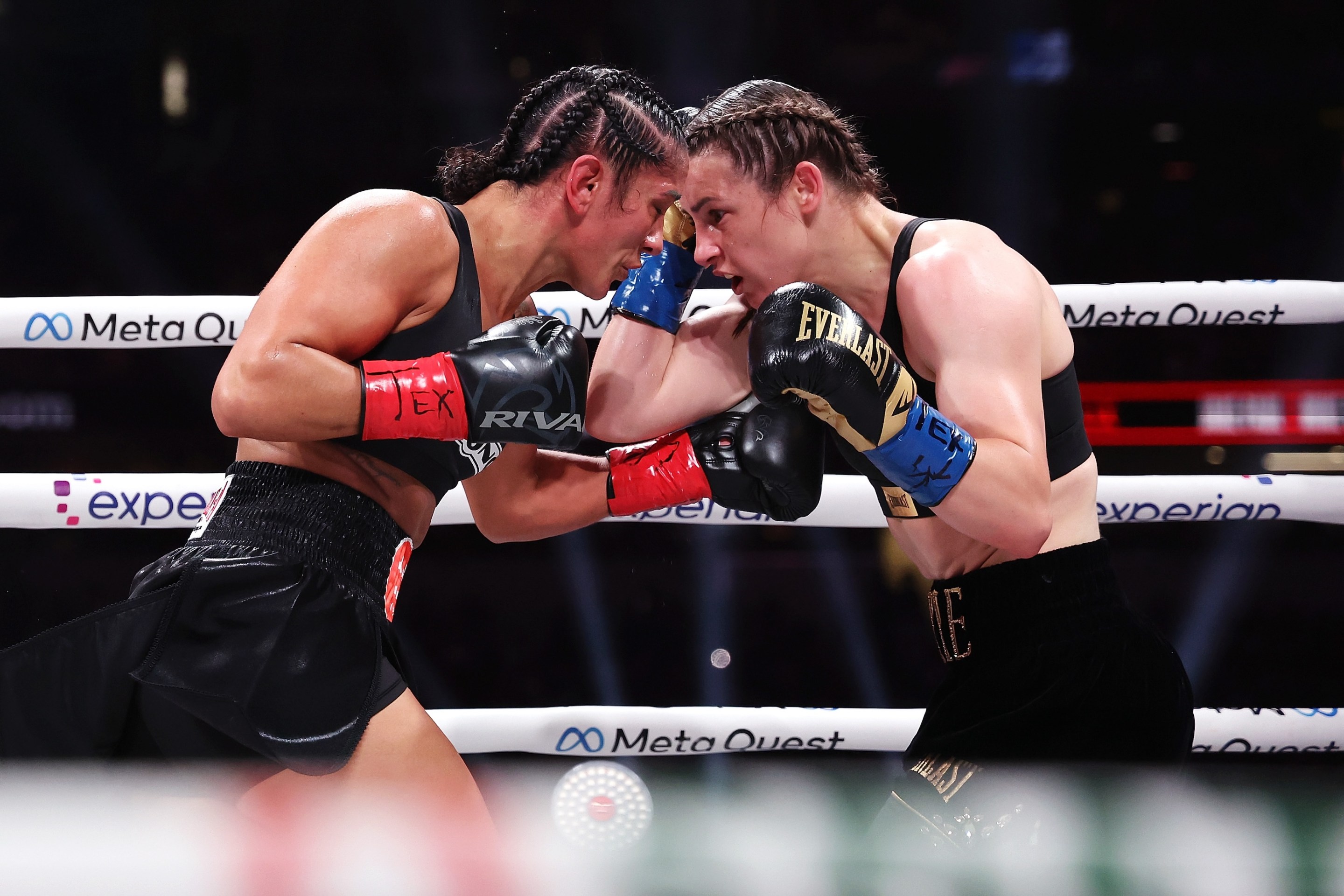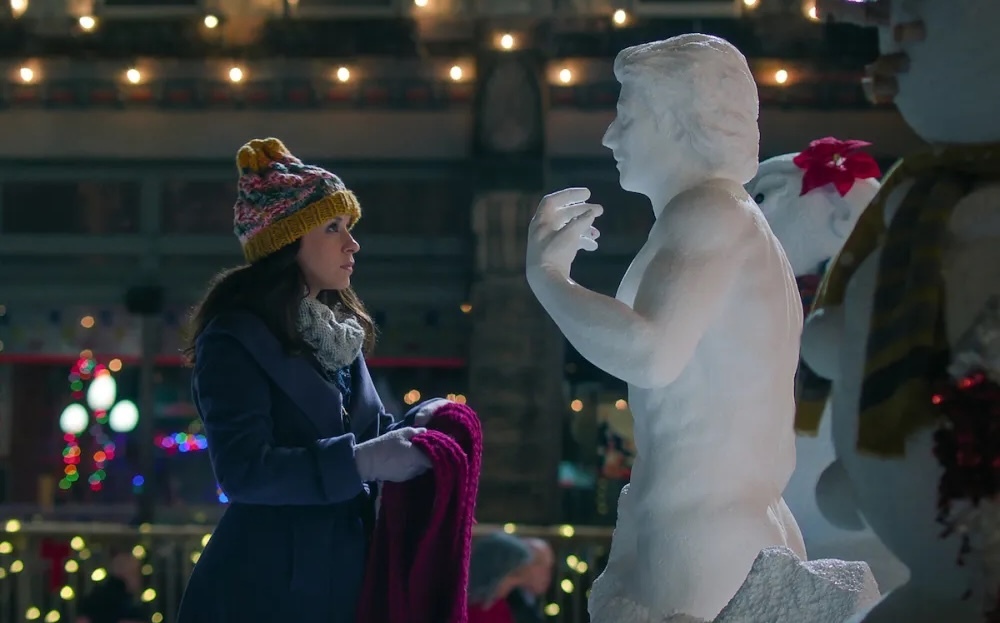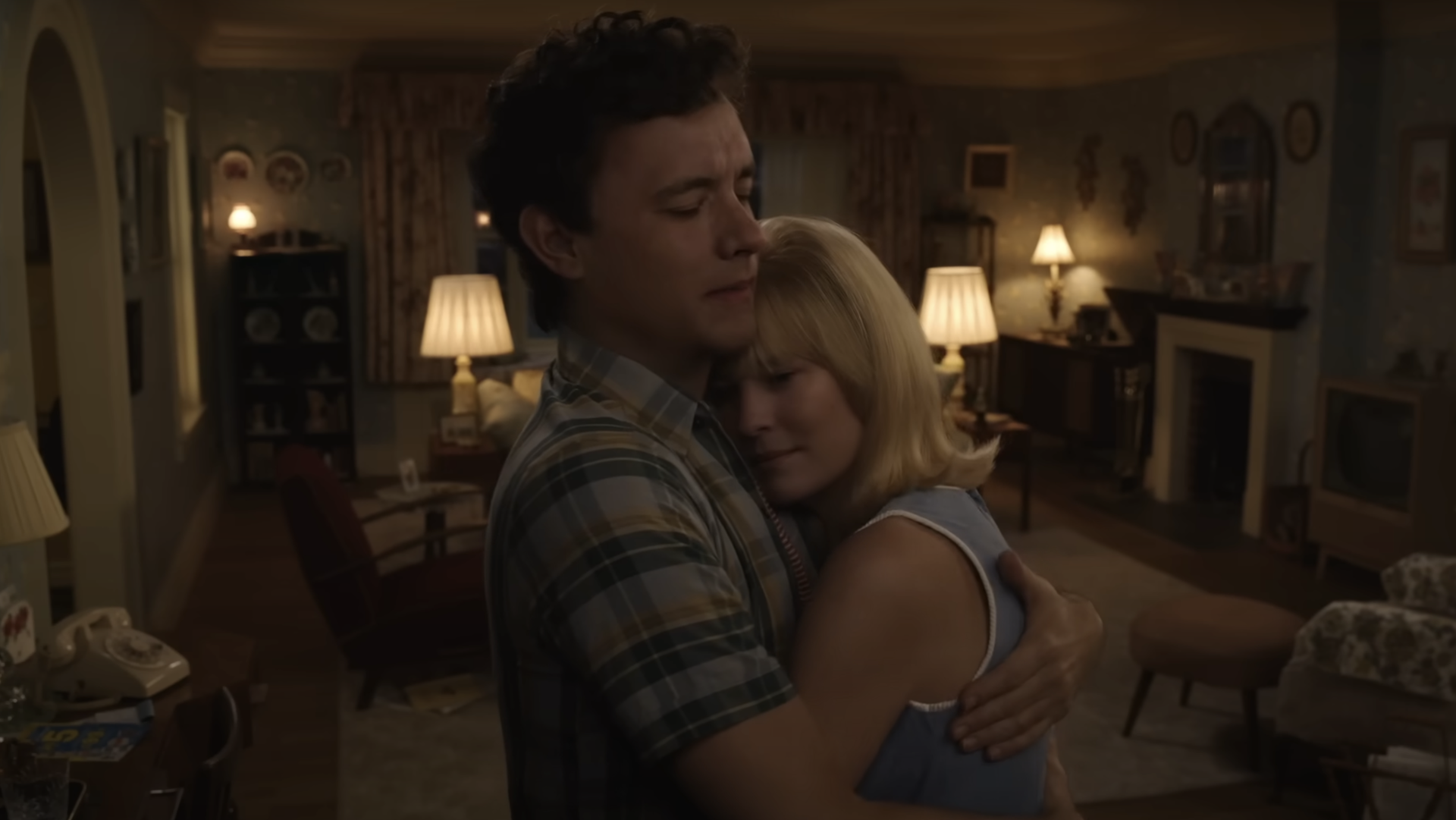Nothing creates such powerful déjà vu as the NFL. You see one of the most ridiculous, ill-conceived penalties imaginable awarded at a critical moment, and the feelings of disbelief and disgust pour out. How the hell could the refs call that? This game is ruined! And then, a few seconds later, comes the feeling of familiarity. Wait, wasn't I angry about this exact call last season, too? And the season before that?
That's how it felt watching Chris Jones get flagged for a roughing-the-passer penalty in the first half of Monday night's game between the Raiders and Chiefs. Down 17-7 just before halftime, Jones got into the Las Vegas backfield on third down, stripped quarterback Derek Carr as he hit him, and landed on top of Carr as both men fell to the turf. If you were to describe to an alien the basic mechanics of football, you might describe a play like this one. One guy chases the other guy with the ball, runs into him, and brings him to the ground.
Chris Jones gets called for roughing the passer and Andy Reid was not happy about it.#LVvsKC pic.twitter.com/lPzenksppa
— TSN (@TSN_Sports) October 11, 2022
We get a few of these obviously dumb roughing-the-passer penalties every season, and each time they lead to a new stream of questions, demands, and recriminations from pundits, players, fans, and former coaches. What is he supposed to do in that situation? This is a disgrace! How can we GET OUR GAME BACK? None of these people are wrong to be angry or confused, particularly after the Jones incident, which came just a day after Falcons defensive end Grady Jarrett was called for roughing the passer by doing to Tom Brady the exact opposite of what Jones did to Carr. Truly, what are these guys supposed to do?
This is a question we've been collectively asking since at least 2018, when the body-weight provision was added to the roughing-the-passer rule, and long before then every time the NFL tweaked one of its rules to try and paper over some aspect of the game that was suddenly deemed illegitimate. Roughing the passer is currently defined as it is because Aaron Rodgers once broke his collarbone while being tackled in a way that was similar to how Carr was tackled last night, and in response the league decided that the rule needed to be more strict. It's bad for business when franchise quarterbacks, the true engines of the most popular TV show in the country, are getting taken off the air. Therein lies the contradiction that leads to the sort of crazy-making incidents we saw last night: the idea that football can be honed to a sport that perfectly balances brutality and physical safety through enough tweaks to the rulebook.
My advice is to just let it go. Unless the league suddenly wakes up to the fact that football is a dangerous sport that can't be beaten into submission with an ever-growing set of rules, your best bet is to just make peace with the fact that watching the game is always going to be a little bit deranging. If goals like protecting receivers going over the middle and keeping quarterbacks off the injury list are going to be prioritized—these are goals I think most fans would agree are important—then the occasional penalty flag that makes everyone want to pull their hair out is going to be the natural consequence. That's an unsatisfying place to occupy as a fan, but football can be an unsatisfying game.
